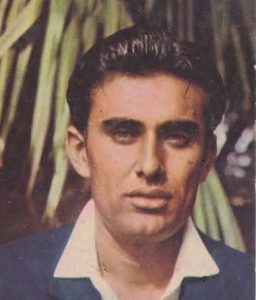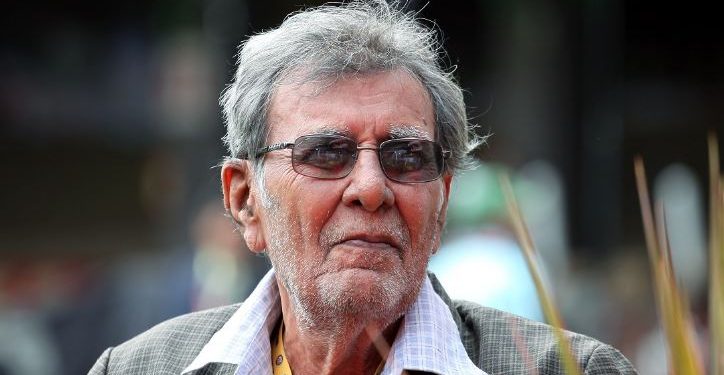Bhubaneswar: ML Jaishima will be very happy, so will be Kalyan Mittra. They will be because a reunion is taking place up there somewhere among the clouds. It has been a long wait for them… but finally the first ‘Prince’ of Indian cricket has travelled heavenwards.
Salim Durani, one of the first and foremost flamboyant men of Indian cricket, breathed his last, Sunday. The modern-day shenanigans of T20 cricket will probably not understand the impact that Durani had on the game. This year, the IPL has introduced the ‘Impact’ player rule in the tournament. Had he been in his prime heydays, one can safely say that the franchises would have made a beeline for him.
The great cricket writer Sir Neville Cardus had once said ‘scoreboard is a donkey’. Cardus was that cricket romanticist who saw more in a cricketer than the scoreboard portrayed. Durani was in that category, a man who left an indelible mark in the game, much more than his 1,202 Test runs and 74 wickets.
Durani played a quintessential role when India won their first series in the West Indies. He picked up the crucial wickets of Sir Garfield Sobers and Sir Clive Lloyd in the second innings to hasten the downfall of the hosts as India won the game by seven wickets. It was he who took 23 wickets against England in the 1961-62 series to facilitate India’s series win. In a whiff he could change the complexion of a game.
Collar up, shirt buttons open at times till the midriff, Durani always was the darling of the spectators. And why he wouldn’t be? He was the one who could hit a ‘six on demand’, one who always had the smile that could mesmerise a thousand hearts, one who never thought about tomorrow, but always lived for the moment. And he lived it to the hilt. It is good that no one saw him bedridden for the last couple of months after undergoing a surgery; it would have been too painful a sight to behold.

What made Durani all the more popular was his heart which was literally made of gold with capital ‘G’. There have been numerous occasions when his blazers have found a way into the hands of a beggar shivering in the cold night; there have been times when he has emptied his wallet for someone without even thinking how will he return home without any money in his pocket. Nothing mattered to him more than helping out someone in distress. And that is why he was special… very special indeed.
This writer did have the chance to spend substantial time with him in the early 1990s in Kolkata when Durani was a frequent visitor to top police official Ain Rashid Khan in Golpark. Needless to say his cricket acumen was fantastic, but such was the man’s humility that he rarely talked about his deeds.
Not for nothing he was called a ‘Prince’. He deserved that status even though he played mostly under a ‘Nawab’ (Mansur Ali Khan Pataudi) whom he called ‘snooty’.
Sakyasen Mittra






































